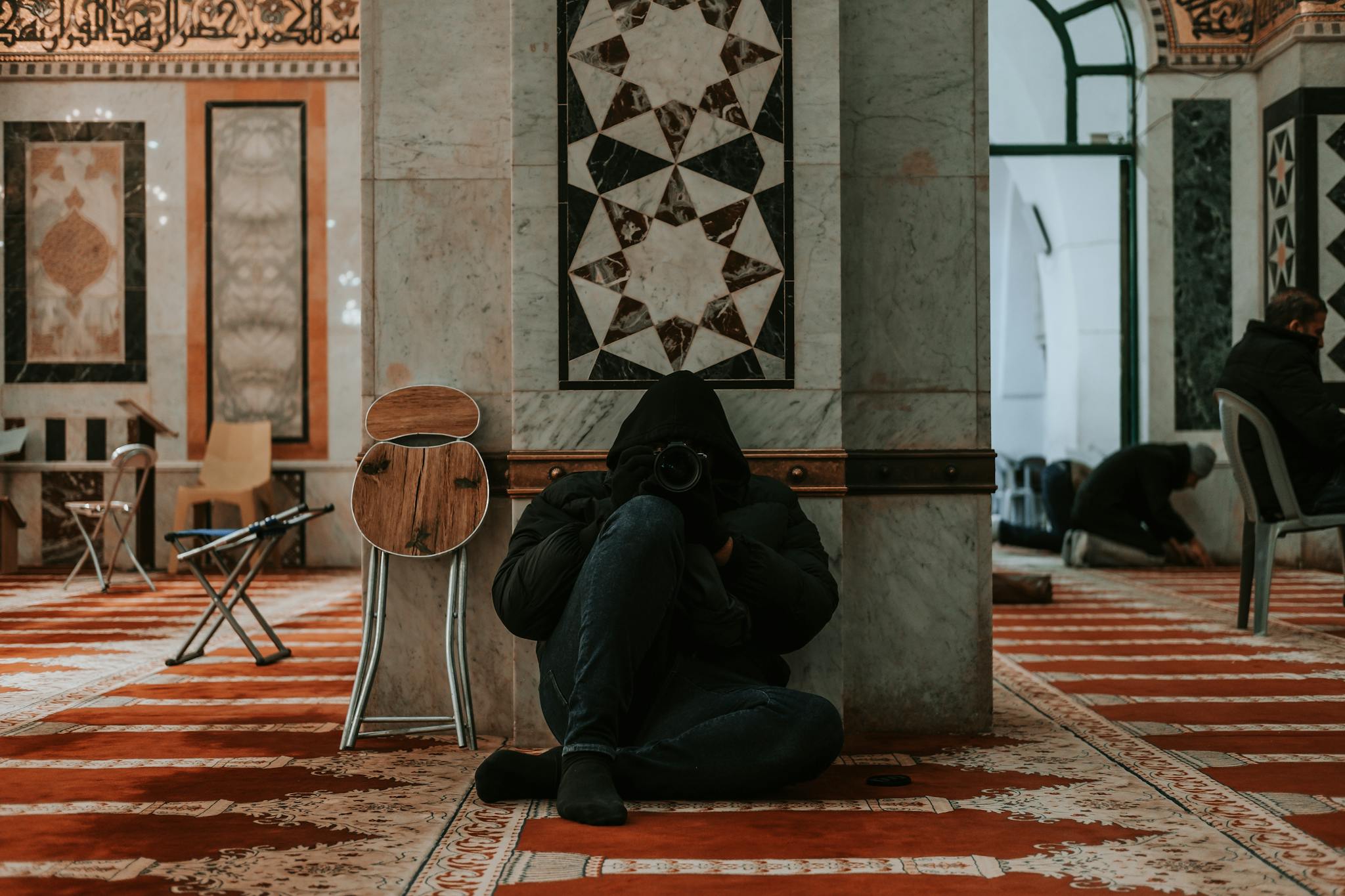Focus Keyword: Fitrah in Islamic Education
Introduction
Allah makes a divine spark of talent the best in every child from birth. This congenital quality, called Fitrah in Islamic Education, includes a strong tendency for faith, creativity, curiosity, and purity. Modern educational systems and social norms often prevent these symptoms, giving children shapes to fit pre-factories rather than promoting their personal ability. Here, we examine the Islamic approach to child development, reflect on specific problems in modern education, and provide practical advice for protecting and promoting our children's congenital talent. This blog emphasizes the conservation of Fitrah in Islamic Education and integrates education with the purpose of life.
Understanding Fitrah: The Divine Blueprint
Fitrah in Islamic Education refers to the vested qualities from birth in all people. According to Prophet Muhammad (ﷺ):
“Every child is born upon the fitrah. It is his parents who make him a Jew or a Christian or a Magian.” (Sahih Muslim, 2658)
This hadith highlights the natural tendency of children towards goodness and accepting their Creator. This congenital tendency is shaped or distorted by the environment, especially parents. Fitrah in Islamic Education is the key foundation to preserving this essence.
Notable Additional Features
People with notable physical and mystic features often carry an aura of Fitrah in Islamic Education. Their physical charisma and natural intuition create a spontaneous magnetism that earns them respect. These individuals symbolize a bridge between ordinary and extraordinary due to their deep-rooted connection with their divine nature.
The Role of Education in Suppressing Brilliance
Education should support Fitrah in Islamic Education by nurturing soul, intellect, and morality. The Quran encourages knowledge acquisition:
“Say, ‘Are those who know equal to those who do not know?” (Az-Zumar 9)
However, standardization and rigid systems suppress creativity and critical thinking. Education must support, not undermine, Fitrah in Islamic Education.
Common Pitfalls in Modern Education
- Standardization at the cost of specificity: Uniform curriculums ignore the diversity of talents, obstructing Fitrah in Islamic Education.
- Ignorance of spiritual and moral development: Focusing only on academic success can leave spiritual and moral growth behind, neglecting Fitrah in Islamic Education.
- Extreme focus on grades: Grades over genuine learning suppress intellectual passion, contradicting the spirit of Fitrah in Islamic Education.
- Lack of parental involvement: Reliance on schools alone neglects the home’s role in nurturing Fitrah in Islamic Education.
Islamic Principles for Nurturing Children's Brilliance
Fitrah in Islamic Education is best preserved through balanced development. Islam stresses holistic growth—mental, physical, and spiritual.
- Overall development: Combine intellectual, emotional, and spiritual elements to uphold Fitrah in Islamic Education.
- Propagation of research: The Quran urges reflection and learning, strengthening Fitrah in Islamic Education.
- Moral education: Emphasize akhlaq over grades to support Fitrah in Islamic Education.
- Parental role: Parents must be active educators in nurturing Fitrah in Islamic Education.
Practical Strategies for Parents and Educators
- Respect personal strengths: Recognizing children's skills reinforces Fitrah in Islamic Education.
- Include Islamic teachings: Infusing daily learning with Quranic values strengthens Fitrah in Islamic Education.
- Encourage curiosity: Turning questions into a joyful process fuels Fitrah in Islamic Education.
- Lead by example: Demonstrating values like honesty and gratitude reinforces Fitrah in Islamic Education.
- Build a supportive environment: Emotionally and spiritually safe spaces nourish Fitrah in Islamic Education.
Case Study: Integrating Islamic Values in Education
A school integrates Fitrah in Islamic Education by linking curriculum with Quranic teachings, engaging students in service, and starting each day with a Quranic reflection. This method enhances moral, spiritual, and academic growth. For more examples of Islamic schooling models, visit Muslim Hands UK.
Conclusion
To protect and enhance Fitrah in Islamic Education, parents, teachers, and communities must collaborate. When Islamic principles are integrated into education, each child can thrive according to their divine potential. For further reading on educational development with Islamic context, check Sound Vision.


